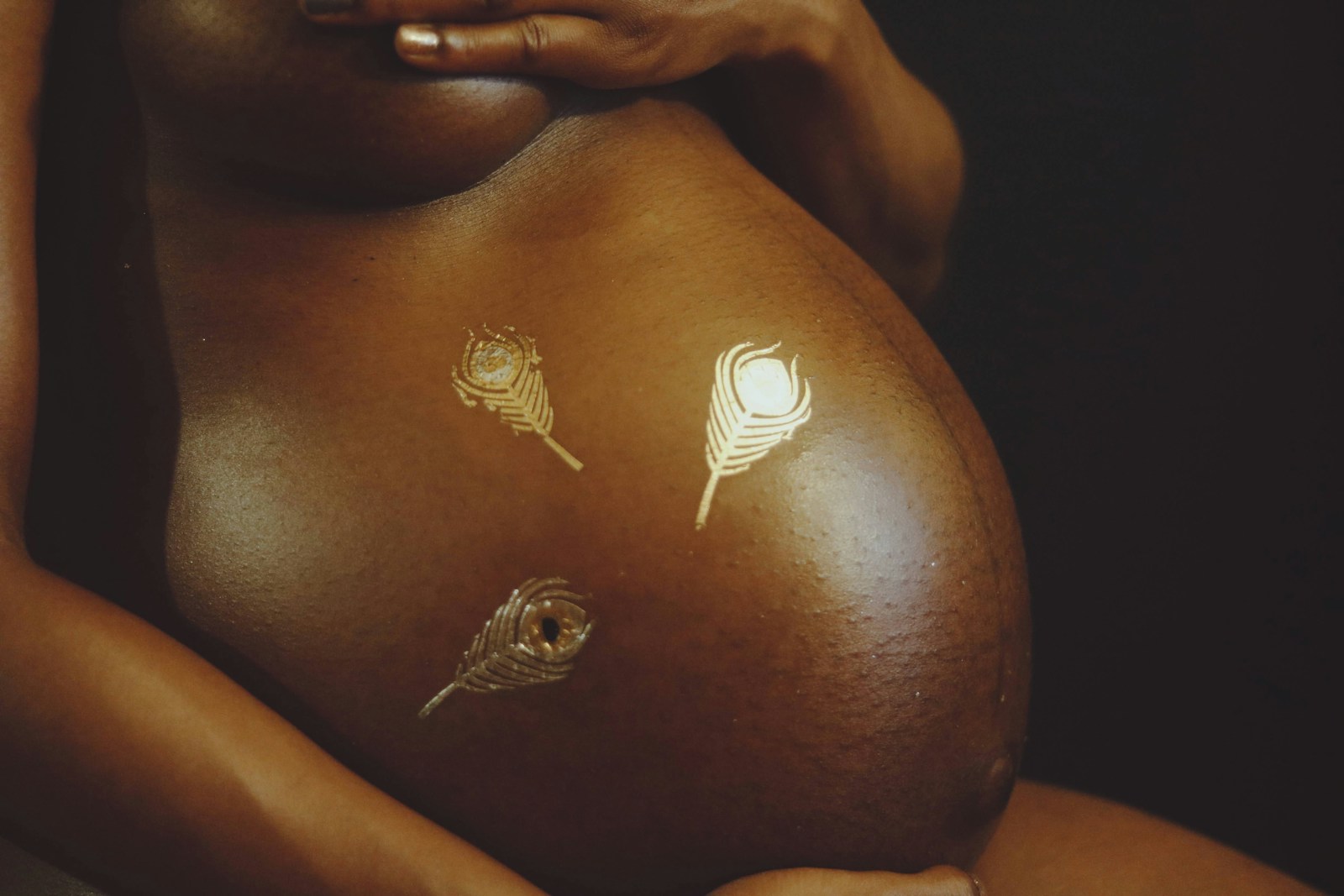This week Wes Streeting unveiled plans to launch a national inquiry into NHS maternity services in England however, the news hasn’t been hailed by all industry experts.
The health secretary attended the Royal College of Obstetricians and Gynaecologists’ (RCOG) annual conference on Monday, which is where he announced that the government would be launching an investigation into our country’s maternity care.
During his keynote speech, Streeting said ‘maternity units are failing, hospitals are failing, trusts are failing, regulators are failing’ and there was ‘too much passing the buck’.
It is currently understood that the inquiry, of which concrete funding details are yet to be finalised, will examine factors contributing to failures in maternity safety, such as a lack of specialised equipment across NHS trusts and staff vacancy rates. What’s more, the investigation is also set to look at racial disparities within maternity care – figures show black women are up to three times more likely to die during pregnancy or shortly after birth than their white counterparts.
Alongside the inquiry, on Monday it was also revealed that a national maternity and neonatal taskforce would be established, chaired by the health secretary and consisting of a panel of maternity experts and families that have experienced trauma.
On the subject of family tragedies, the devastating cases that occurred within Shrewsbury and Telford NHS maternity units are just one example of why government intervention is needed. In 2022 the Ockenden review was published which examined over 1,800 maternity cases and found hundreds of babies died or were seriously disabled because of the trusts’ mistakes.
Expressing his sympathies for the families affected, Streeting remarked: ‘All of them have had to fight for the truth and justice. They describe being ignored, gaslit, lied to, manipulated and damaged further by the inability for a trust to simply be honest with them that something has gone wrong.’
Since the news of the inquiry has been announced, the reactions from industry experts have been mixed, to say the least.
Sir Jim Mackey, chief executive of NHS England, said: ‘Despite the hard work of staff, too many women are experiencing unacceptable maternity care, and families continue to be let down by the NHS when they need us most.’
‘This rapid national investigation must mark a line in the sand for maternity care, setting out one set of clear actions for NHS leaders to ensure high-quality care for all,’ Sir Mackey continued. ‘Transparency will be key to understanding variation and foxing poor care. By shining a spotlight on the areas of greatest failure we can hold failing trusts to account.’
Though Sarah Fizsimmons, co-founder of My Independent Midwife, doesn’t share the same optimistic tone. Speaking to Social Care Today, she said: ‘The national inquiry about maternity services feels like slamming the barn door after the horse has bolted.
‘The steady fall of NHS maternity services had been flagged prior to and was exacerbated by COVID-19 pressures. Multiple inquiries have been completed, CQC reports have been available about under performing units, birth trauma rates are soaring, and whistle blowers have been shouting.
‘The current ‘solution’ of increasing induction rates has compounded the problems and make outcomes poorer across the board.’
‘As services have shrunk, and less birth places are available, women have been voting with their feet; as we see the highest rates of freebirth and independent midwife (private) led births outside of the system, we’ve ever had,’ Sarah added. ‘What’s needed is a culture shift from litigation avoidance focused birth, back to family centred care.’
Photo by Domo via UnSplash
In related news:
Surge in people seeking advice on heat exhaustion and hay fever


















Leave a Reply